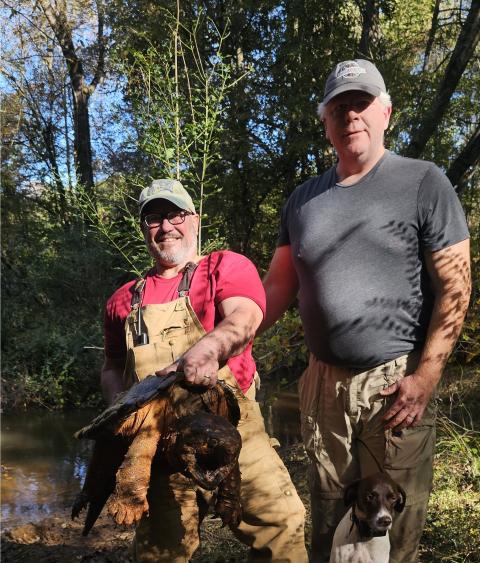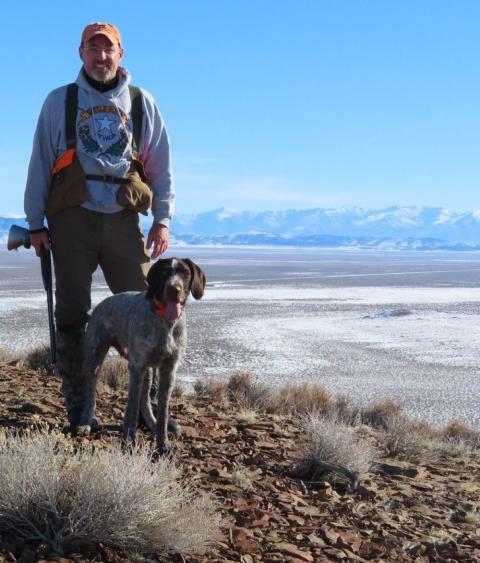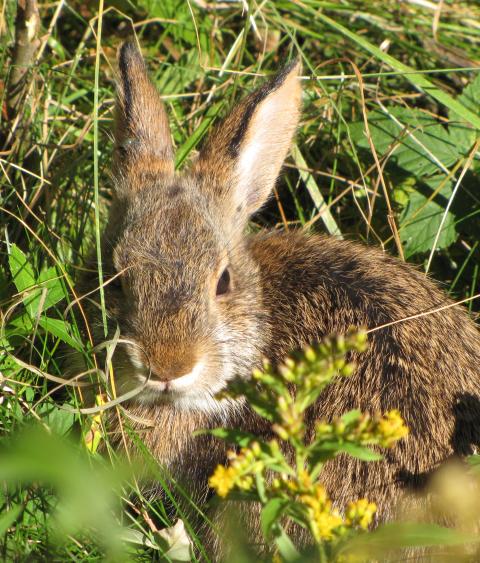Conservation Brief
Midwest Landscape Initiative Announces Completion of Midwest Region Species of Greatest Conservation Need
The Midwest Landscape Initiative (MLI) announced the completion of the first phase of the Midwest Regional Species of Greatest Conservation Need (RSGCN) Project. The RSGCN process provided an effective and collaborative approach across Midwest states and the U.S. Fish and Wildlife Service (FWS), focusing attention to the species of need found within the Midwest region facing a high level of threat. By assessing and comparing the needs of these regional priority species, landscape conservation opportunities and geographic focus for the Midwest Landscape Initiative and others can be identified.
There are greater than 2,700 species of greatest conservation need in State Wildlife Action Plans developed by Midwest Association of Fish and Wildlife Agency (MAFWA) states. With limited conservation capacity to focus on individual species, we can ensure many of these species thrive into the future by strategically restoring and conserving healthy, functioning lands and waters across landscapes.
The RSGCN list and associated report and database represent the results of countless hours of work from the MLI At-Risk Species Working Group, the 120 participants of taxa teams that carefully reviewed the data, and Terwilliger Consulting, Inc.
The outcomes included:
- Identification of 340 RSGCN (of 2,740 SGCN identified across 13 SWAPS in the MAFWA Region), from very high concern to moderate concern
- Information about their abundance, habitats, and limiting factors (examples include: habitat connectivity, climate change, genetics, pollution, predation, etc.)
The MLI is a forum of the MAFWA states, regional FWS, and U.S. Geological Survey that identifies shared conservation and management priorities and develops scalable collaborative solutions to achieve healthy, functioning ecosystems in the Midwest. The MLI is working across boundaries to conserve our shared nature.



